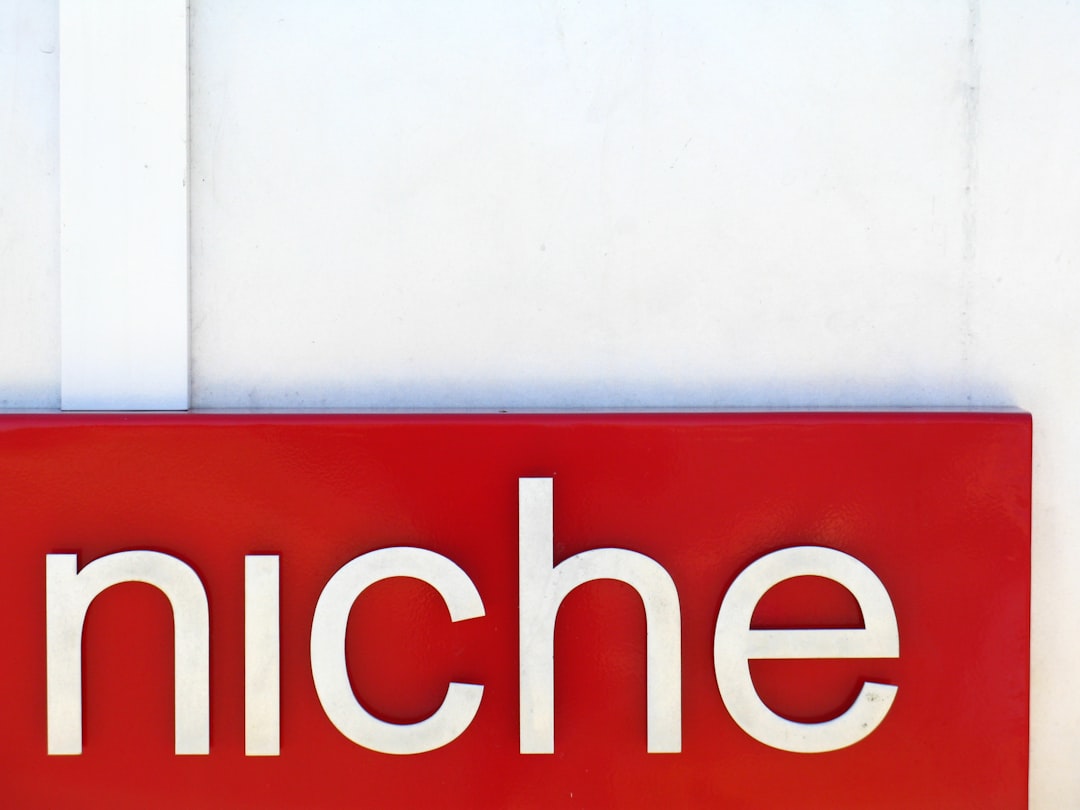Choosing the right domain registrar is a foundational step in launching any web project in 2025. As businesses and developers gear up for new builds, the competition between major registrars has grown tighter, with Namecheap and Cloudflare being two of the most prominent contenders. Both offer competitive pricing and unique benefits, but which one is best suited for your next build?
This comprehensive comparison breaks down the strengths and weaknesses of Namecheap and Cloudflare based on pricing, features, performance, security, customer support, and usability—giving you a factual basis for making an informed choice.
Pricing Models: Transparency vs. Economy
When cost is a deciding factor, both Namecheap and Cloudflare bring different philosophies to their pricing models.
- Namecheap: Known for its economical rates and frequent promotions, Namecheap offers competitive upfront pricing. For instance, a .com domain typically runs between $8.88 and $12.98 per year, depending on ongoing offers. However, renewal costs can be slightly higher than the initial price.
- Cloudflare: Offers domain registration at wholesale cost plus zero markup. This means you pay exactly what the registries charge, which generally translates into consistently low and transparent pricing. For example, a .com domain is around $8.57 with no unexpected renewal increases.
For developers managing scale or numerous domains, Cloudflare becomes appealing due to its predictable, long-term cost advantages.
Features and Extras: What’s Included?
Not all registrars are created equal when it comes to bundled features. Developers need to know what they’re getting beyond just a domain name.
- Namecheap: Bundles extras like free WHOIS privacy protection, DNSSEC support, and basic website builders. Many of these are built into even the most basic packages, making it an attractive option for small businesses or first-time site owners.
- Cloudflare: Integrates with its broader suite of performance and security tools once your domain is onboarded. Although it doesn’t offer email forwarding or web hosting, Cloudflare’s edge computing and CDN capabilities add advanced performance-level enhancements that far exceed what traditional registrars offer.
For feature-rich hosting and ancillary services, Namecheap still leads. But if you’re looking to pair your domain with enterprise-grade performance features, Cloudflare has the upper hand.

DNS and Performance Considerations
Navigating the integrated DNS options can reveal a lot about how fast and reliable your future website will be.
- Namecheap: Offers a stable DNS service with moderate propagation speeds. It’s perfectly suitable for small- to mid-level projects without intensive global reach or performance concerns.
- Cloudflare: Renowned for its lightning-fast global DNS infrastructure. Domain resolution is backed by Cloudflare’s Anycast network, resulting in shorter query response times and minimal downtime. Strategic use of caching and auto-optimization ensures top-tier performance across regions.
For 2025 builds focused on speed, latency reduction, and international audiences, Cloudflare’s DNS services render a noticeable difference.
Security and Privacy Offerings
In an age of increasing cyber threats, securing your domain is more important than ever. Both registrars emphasize security, but they take different approaches.
- Namecheap: Provides two-factor authentication (2FA), WHOIS privacy by default, and DNSSEC options. There’s also support for DDoS protection through add-ons, although many advanced tools are either third-party integrations or paid upgrades.
- Cloudflare: Offers enterprise-level domain locking, DNSSEC out of the box, and automatic security enhancements tied into its network. Features like Rate Limiting, Bot Management, and Web Application Firewall (WAF) (as part of the Cloudflare suite) are immediately accessible for users utilizing Cloudflare Pages or proxies.
For mission-critical applications with high exposure to threats, Cloudflare provides a fortress-like approach that is unparalleled among registrars.
User Experience and Dashboard Usability
The user interface can significantly impact how efficiently administrators and developers manage their assets.
- Namecheap: Offers a clean, beginner-friendly interface. Tasks like searching for new domains, managing renewals, or updating DNS records can be performed within minutes. It’s especially favored among freelancers and SMBs for its no-fuss usability.
- Cloudflare: While slightly more technical in its layout, Cloudflare’s dashboard is incredibly powerful. It excels at visualizing performance metrics and configuring advanced traffic rules—but may carry a learning curve for newcomers.
If simplicity and ease of navigation are priorities, Namecheap leads. But for intricate control and customization, Cloudflare delivers unmatched flexibility.

Customer Support: Who Has Your Back?
When things go wrong—or simply when you need guidance—responsive customer support can make all the difference.
- Namecheap: Offers 24/7 live chat, email ticketing, and a comprehensive knowledge base. The platform is known for excellent response times and competent agents, especially in resolving registrar-specific queries quickly.
- Cloudflare: Provides forum-based community support for free users and email support for paying customers. Users need to move up to a paid subscription to access live chat and guaranteed SLAs, which may be a barrier for smaller teams.
In this respect, Namecheap wins for consistent human support, especially for non-enterprise users. Cloudflare, while robust in documentation, lacks that same accessible personal touch at the entry levels.
Use Cases: Which Registrar Fits What Type of Build?
The right choice ultimately depends on the type of build you’re launching in 2025. Consider these use cases:
- Small business websites: Namecheap is ideal thanks to its low cost, bundled add-ons, and navigable interface.
- eCommerce platforms: Both work, but Cloudflare’s performance acceleration and security features give it an edge for stores that rely on uptime and speed.
- SaaS or tech startups targeting global markets: Cloudflare shines in performance, reliability, and scalability.
- Personal blogs or landing pages: Namecheap provides everything needed out-of-the-box at a lower barrier to entry.

Final Verdict: 2025’s Registrar Champion?
There is no universal winner between Namecheap and Cloudflare. Each serves different needs exceptionally well. If you’re looking for hands-on support, bundled services, and a beginner-friendly interface, Namecheap is the better option. For tech-forward projects requiring optimized performance, security, and scalability from day one, Cloudflare delivers unmatched domain management within its integrated ecosystem.
As we move deeper into 2025, it’s no longer just about buying a domain—it’s about how well your registrar aligns with your digital infrastructure strategy. Evaluate your current needs and future plans carefully, and you’ll avoid costly migrations and inefficiencies later on.
In the end, both Namecheap and Cloudflare have proven themselves more than just domain sellers. They are integral parts of a broader web development and deployment strategy. Choose wisely—you’re not just registering a name, you’re building digital real estate with lasting impact.
